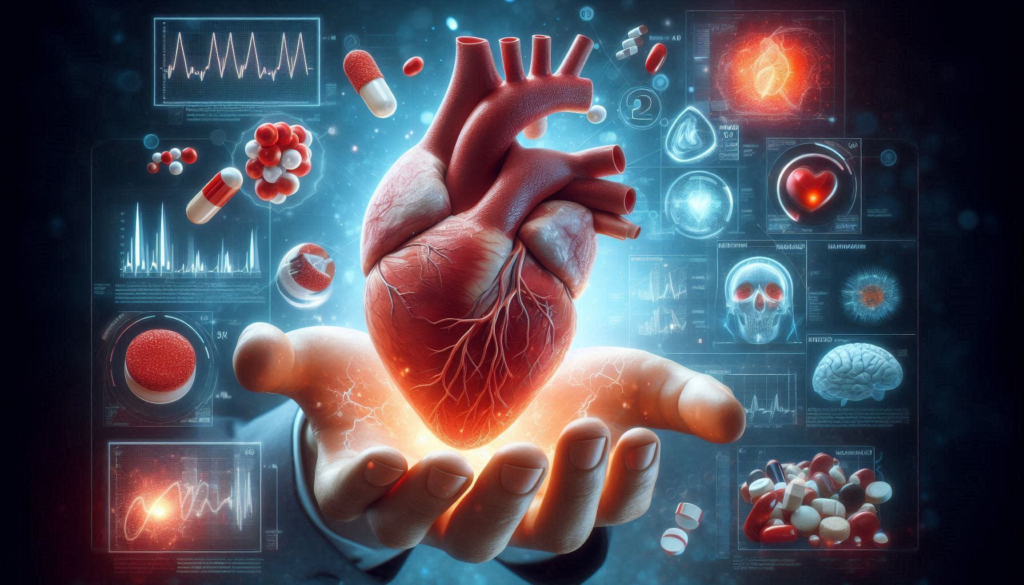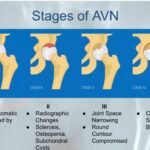
Everything You Need to Know About Homocysteine: Q&A Edition
Hey there! Let’s get to know homocysteine, an important yet often overlooked factor in heart health. Here’s a handy Q&A to help you understand what it is, why it matters, and how you can manage it.
What Is Homocysteine?
Q: What is homocysteine, and how is it produced in the body?
A: Homocysteine is an amino acid that’s created when your body breaks down methionine, an essential amino acid found in many protein-rich foods like chicken and fish. In a healthy body, homocysteine is usually converted into other substances. But sometimes, this process can be disrupted, leading to higher levels of homocysteine in the blood.
Why Should I Care About Homocysteine?
Q: Why is it important to monitor homocysteine levels?
A: Elevated homocysteine levels are linked to a higher risk of cardiovascular diseases such as heart attacks and strokes. High levels can damage blood vessels, increase the risk of blood clots, and contribute to plaque buildup in the arteries. So, keeping homocysteine levels in check is crucial for maintaining heart health.
What Causes Elevated Homocysteine Levels?
Q: What factors can lead to high homocysteine levels?
A: Several factors can contribute to high homocysteine levels:
- Genetics: Some genetic variations can affect how your body processes homocysteine. For instance, having a variant in the MTHFR gene can impair homocysteine metabolism.
- Vitamin Deficiencies: Your body needs B vitamins—like B6, B12, and folate—to properly manage homocysteine. Deficiencies in these vitamins can lead to elevated levels.
- Tobacco Consumption: Smoking can raise homocysteine levels by disrupting the metabolism of this amino acid and causing deficiencies in essential nutrients.
- Lifestyle Factors: Poor diet, excessive alcohol consumption, lack of exercise, and high stress can also contribute to elevated homocysteine levels.
How Can I Manage My Homocysteine Levels?
Q: What steps can I take to control my homocysteine levels?
A: Here’s what you can do:
- Improve Your Diet: Eat foods rich in B vitamins. Include leafy greens, lentils, nuts, and seeds for folate; fish, chicken, and dairy products for B12; and bananas, avocados, and potatoes for B6.
- Consider Supplements: If your diet isn’t enough, B vitamin supplements might help. Just make sure to consult your doctor before starting any new supplements.
- Adopt a Healthier Lifestyle: Quit smoking, reduce alcohol intake, exercise regularly, and manage stress to help keep your homocysteine levels in check.
- Regular Check-ups: If you have a family history of heart disease or other risk factors, ask your doctor to test your homocysteine levels. Regular check-ups can help you stay on top of your heart health.
Conclusion
Q: Why is it important to be aware of homocysteine?
A: While homocysteine might not get as much attention as cholesterol, it’s a crucial factor in heart health. By understanding what affects your homocysteine levels and taking proactive steps to manage them, you can better support your cardiovascular well-being. So, keep an eye on your diet, lifestyle, and check-ups to ensure your heart stays healthy and strong. Cheers to a healthier you!
Table of Contents
Toggle






